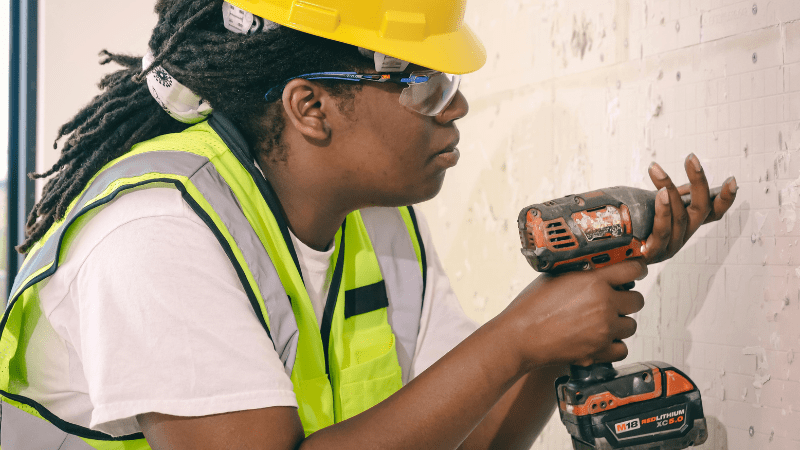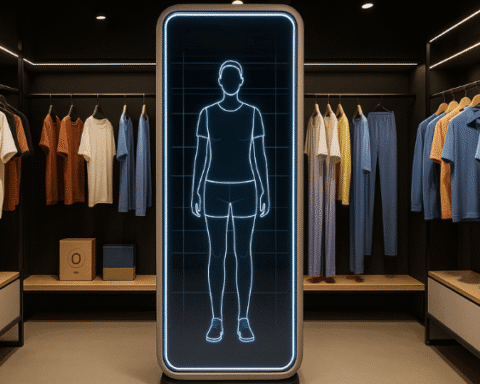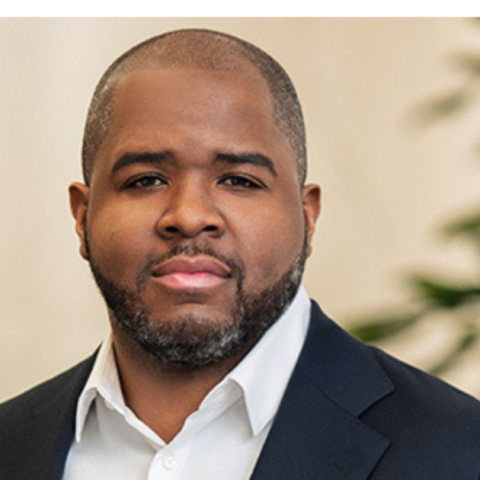For years, the message has been clear: Learn to code. Tech is the future. And it still is.
Coding has opened doors to high-growth careers, launched startups, and helped millions enter the digital economy. But as artificial intelligence accelerates, the world of work is shifting again.
Tasks that once required entry-level developers are now being streamlined by AI and, in some cases, replaced by no-code platforms.
At the same time, another sector is quietly experiencing record demand: the skilled trades. Electricians, plumbers, HVAC techs, welders, carpenters. These are the people who build and maintain the physical world we live in.
These jobs are not being replaced by AI.
Coding and carpentry can coexist
This isn’t a debate between tech and trades. Both are critical. What we’re seeing is an imbalance in how career paths are framed, especially for young people and especially in communities of color.
We’ve celebrated coding bootcamps and startup culture, and rightfully so. But we don’t talk enough about the fact that:
Licensed electricians can earn six figures. According to the Bureau of Labor Statistics, the top 10 percent earn more than $100,000 annually.
Many plumbers and HVAC technicians charge $150 to $300 per hour.
Trade entrepreneurs can build service businesses with recurring revenue, often without student debt or a four-year degree.
AI is transforming the digital economy. Skilled trades are anchoring the real-world one.
A growing gap and a growing opportunity
Roughly 10,000 electricians retire each year, but only about 7,000 new ones enter the field, according to the National Electrical Contractors Association. That gap continues to widen. With billions being invested in infrastructure, housing, and clean energy, demand for skilled trades is surging.
The U.S. Bureau of Labor Statistics projects more than 80,000 electrician job openings annually over the next decade. Similar gaps exist in plumbing, construction, and welding. In some trades, there are 10 to 20 job openings for every net new hire, according to McKinsey.
This isn’t just a labor shortage. It’s a wealth-building opportunity that has been hiding in plain sight. Many of these roles fall into what we now call AI-Proof careers.
The real value is in what AI can’t do
No-code and AI-powered tools are changing how digital work gets done. Platforms like Framer, Durable, and Wix’s AI builder can now generate full websites based on a few simple inputs.
Tools like GitHub Copilot assist with coding, and ChatGPT helps generate everything from scripts to API calls. These shifts are reducing the need for some types of entry-level digital work.
Meanwhile, trades require critical thinking, problem-solving, and physical skill in unpredictable environments. These are the qualities that make them some of the most AI-proof careers available today.
Let’s normalize both
Young people deserve the full picture. They should absolutely be encouraged to explore tech, embrace innovation, and understand how AI is reshaping industries.
They should also see the trades as a high-potential, high-respect path. It is not a fallback.
We need to tell more stories about:
Electricians who became business owners
Plumbers who scaled into multi-city service brands
Carpenters who now employ dozens and help build communities
These are not just jobs. They are career paths that offer stability, ownership, and opportunity. And they remain vital because they are built to withstand automation.
Building futures, online and off
As AI continues to shape what work looks like, we need more than coders. We also need builders. The future is not only unfolding on screens or in software. It is also being built in homes, neighborhoods, and infrastructure projects around the country.
This is not about choosing one path over another. It is about expanding the narrative so more people can access futures worth building, with or without a keyboard.























